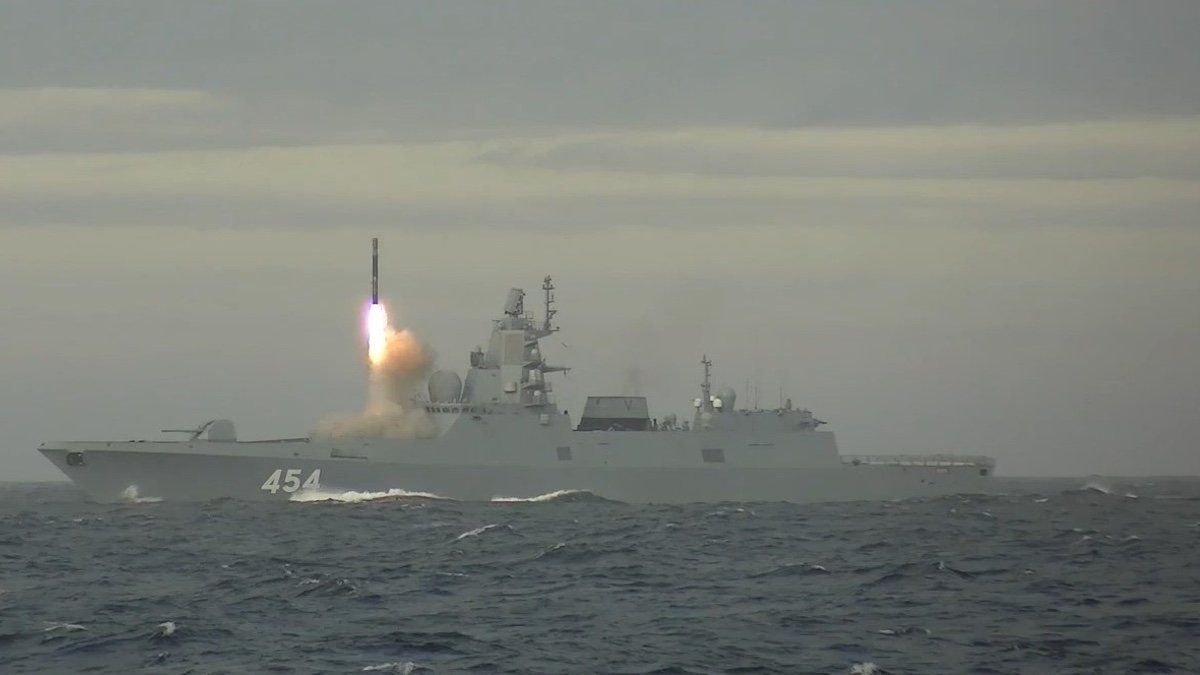The Ukrainian military brazenly assassinated General Igor Kirillov, who was in charge of Russia's nuclear and chemical weapons forces, on the streets of Moscow on Tuesday by detonating an explosive device. The killing marks the highest-profile assassination by Ukraine since the invasion. Kyiv has accused Kirillov of overseeing the “massive use of banned chemical weapons” in Ukraine. Moscow, meanwhile, has vowed “inevitable retaliation” against the “military and political leadership of Ukraine.”
The assassination came the day after Russia’s President Vladimir Putin warned that he might lift self-imposed restrictions on Russia’s development of short- and medium-range missiles, while warning that the West was pushing on “a red line we can’t step back from.” In a speech to the Defense Ministry, he also signaled that Russia would keep its non-strategic nuclear forces on constant combat alert and increase production of hypersonic ballistic missiles, like the one it fired at Ukraine for the first time last month. Hypersonic missiles travel at five to 25 times the speed of sound, making them difficult to defend against – though some scientistsdoubt their value as offensive weapons. Only the US, China, and India have also flown missiles at hypersonic speed.
There’s nothing new about apocalyptic-sounding threats from the Kremlin, and these warnings are best understood as Putin’s attempt to project strength that might dissuade the Joe Biden administration from providing Ukraine with material help during his final month as president. It’s also meant to frighten European governments away from investing more heavily in Ukraine’s defense.
Finally, Putin wants to maximize Ukrainian, American, and European perceptions of the costs and risks of intensified war with Russia ahead of Donald Trump’s return to the White House and the pressure he might apply ahead of his promised negotiations to end the war.
